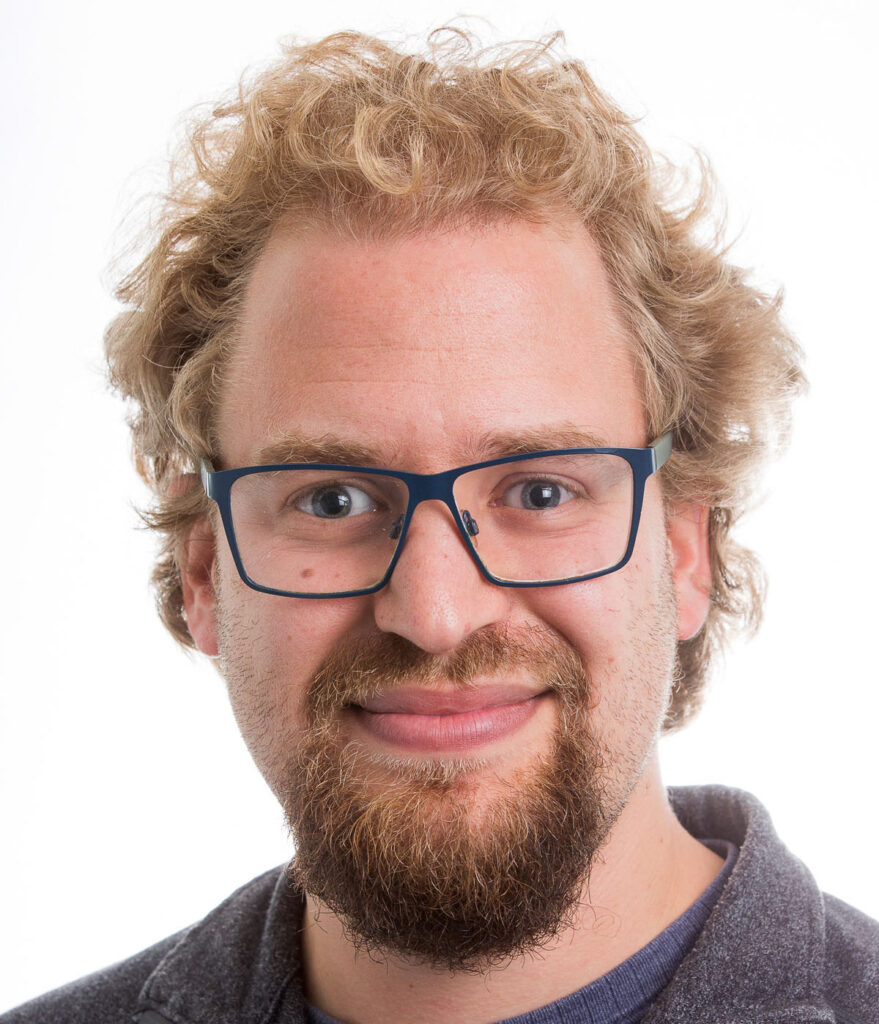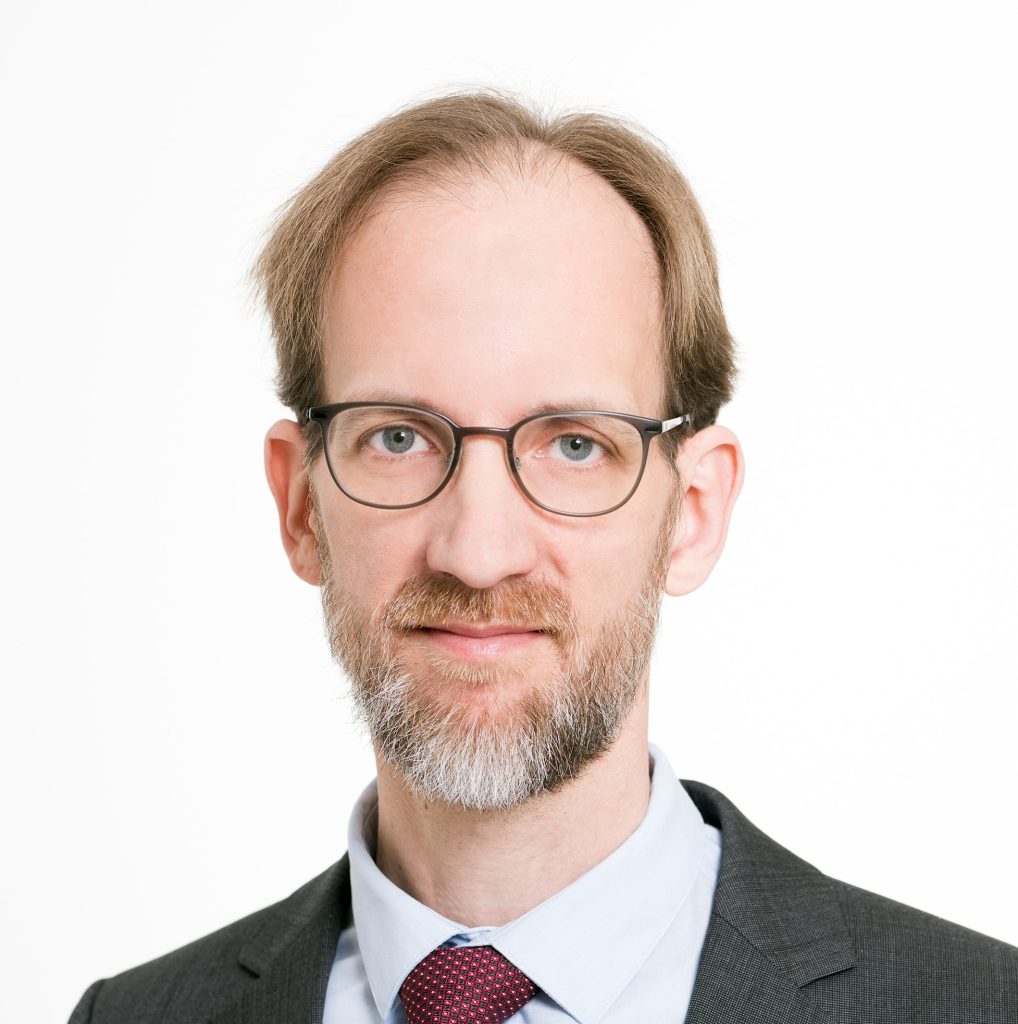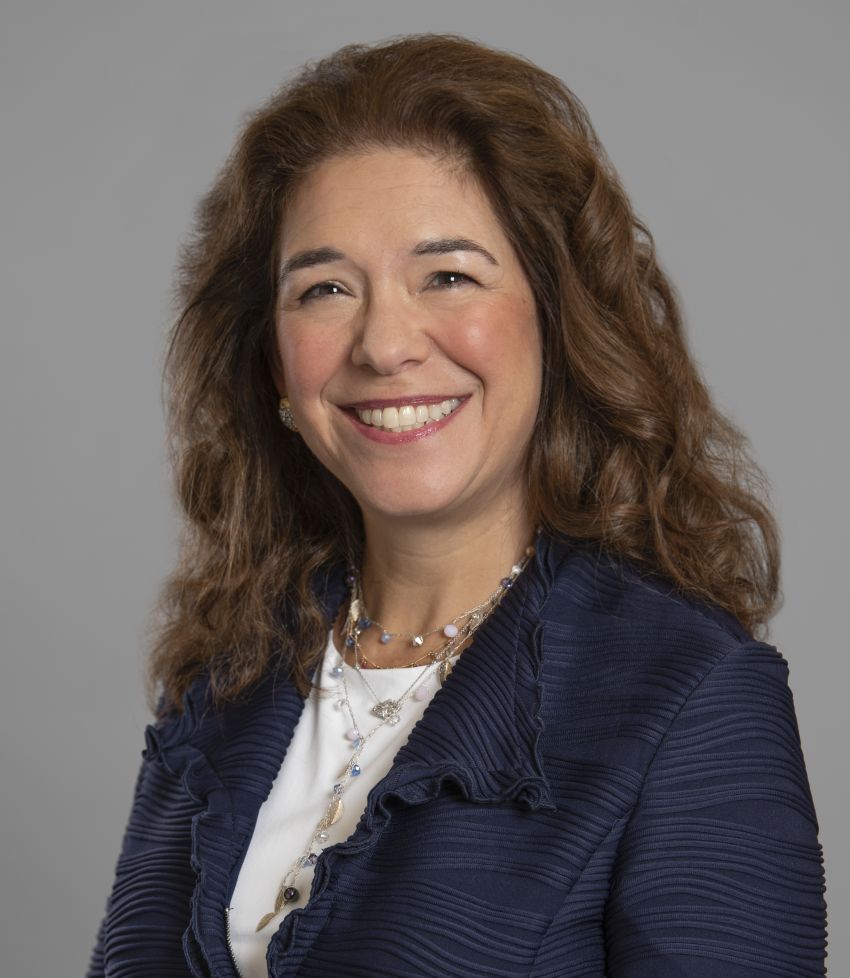On Spiritual Resources and Common Homes: A Look at Crimes in Ukraine in Conversation with Raphael Lemkin and Pope Francis

Greg Marcar is a research associate at the Centre for Theology and Public Issues at the University of Otago (New Zealand). He is also a co-editor, with Tania Pagotto and Joshua Roose, of Security, Religion, and the Rule of Law: International Perspectives (Routledge, forthcoming).
Genocide
Coined by the father of the 1950 Genocide Convention, Polish Jewish lawyer Raphael Lemkin (1900–59), the term genocide combines the Latin term cide (killing) with the Greek term genos (group). In deciding on this combination of terms, Lemkin rejected the suggestion that cide should be more straightforwardly combined with the Latin genus.[1] Lemkin’s rationale for this centered on his belief that the Greek term was broader in scope than its Latin equivalent,[2] as exemplified for Lemkin by the epistles of (Pseudo)Plato, identifying philosophers as a genos.[3] For Lemkin and his supporters at the UN, what makes a particular collectivity a human genos is its religious, philosophical, or cultural spirit. Consequently, genocide signifies an attempt not only to eradicate a genos’s physical existence but also to destroy its cultural-spiritual “life.”[4] Indeed, Lemkin elsewhere argues that “[t]he philosophy of the Genocide Convention” entails that human groups be protected “not only by reasons of human compassion but also to prevent draining the spiritual resources of [hu]mankind.”[5] Although not always understood as such, the concept of genocide expounded by Lemkin was inextricably connected to human spirit.


